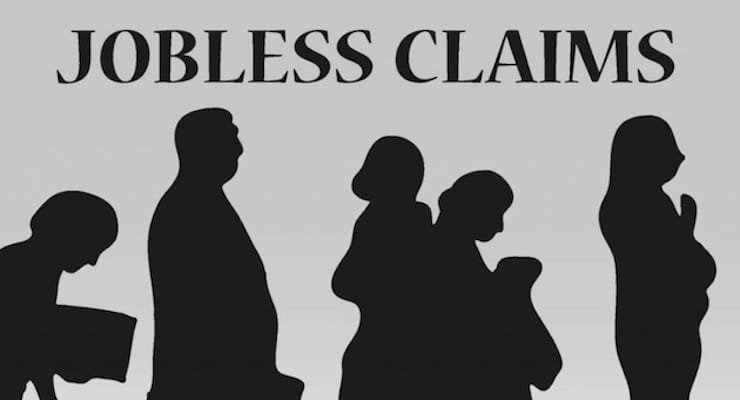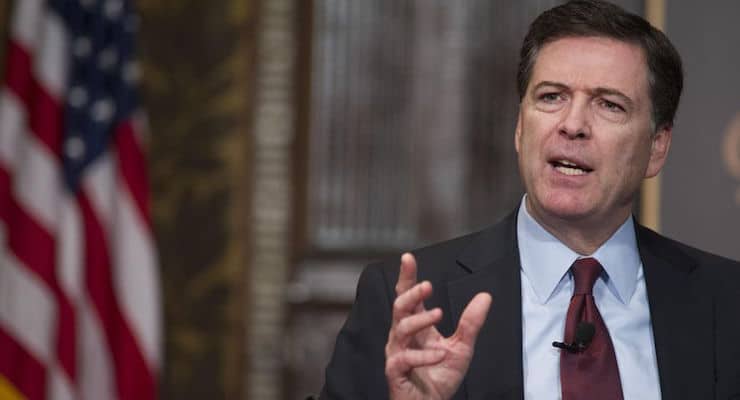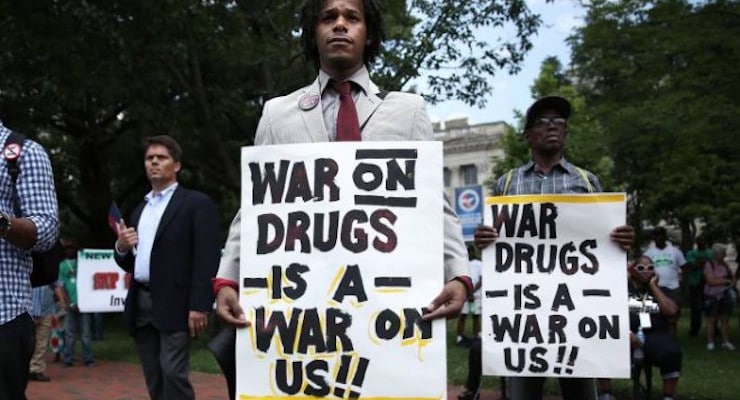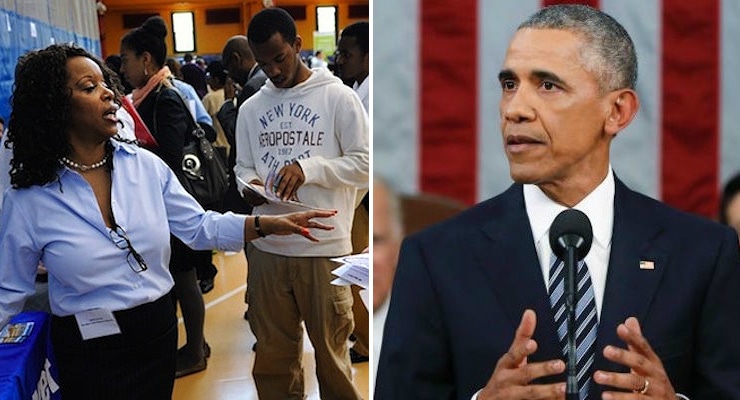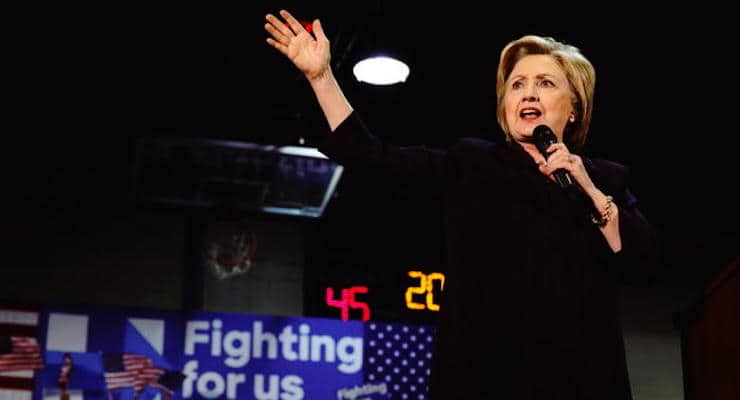While Hillary Clinton and Bernie Sanders are battling in their final round in the Democratic primaries and Donald Trump is arguing that Clinton should be in prison for failing to safeguard state secrets while she was secretary of state, the same FBI that is diligently investigating her is quietly and perniciously seeking to cut more holes in the Fourth Amendment to the Constitution.
That amendment — which requires the government to obtain a search warrant issued by a judge based upon some evidence of criminal wrongdoing, called probable cause, before the government can search persons, houses, papers or effects — is the linchpin of the right to privacy, famously referred to by Justice Louis Brandeis as the right to be let alone.
The Fourth Amendment has a painful yet unambiguous history. The essence of that history is the well-documented and nearly universal Colonial revulsion to the British use of general warrants.
General warrants, which were usually issued in secret in London, permitted British soldiers and agents in America to search wherever they wished and seize whatever they found. General warrants were not based upon any individualized suspicion, much less any probable cause. Their stated purpose was the need to enforce the Stamp Act, a totalitarian measure that cost more to enforce than it generated in revenue.
The Stamp Act required all colonists to purchase and affix stamps to all legal, financial, political, personal and public documents. It was billed as a revenue-gathering measure, but it truly was used as an excuse to humiliate the colonists by permitting soldiers and agents to enter their homes ostensibly looking for the stamps. They were really looking for evidence of revolutionary ideas and plans against the king.
After Americans won the Revolution and wrote the Constitution, they did so with the determination never to permit the new government here to do to Americans what the pre-Revolutionary British government had done to the colonists. Their chosen instrument of that prevention was the Fourth Amendment.
But the feds have been wearing away at the right to privacy for generations. The Right to Financial Privacy Act (which has nothing to do with protecting privacy) permits federal agents to obtain certain bank records with search warrants issued by other federal agents — as opposed to judges — as long as they are looking for mobsters or drug dealers. The Patriot Act (which has nothing to do with patriotism) enables FBI agents to issue search warrants to other FBI agents for certain business records — including doctors’ and lawyers’ offices, car and jewelry dealers, and the post office — as long as they are looking for threats to national security. And the Electronic Communications Privacy Act (which interferes with the privacy of almost all electronic communications) permits FBI agents to access certain metadata (the who, where and when of emails, but not their contents), as long as one FBI agent issues the warrant to another and as long as the recipient uses it for national security purposes.
Now the FBI wants access to everyone’s internet browser history, as long as its agents are looking for spies or terrorists; and again, it proposes that rather than present probable cause to a judge and seek a warrant as the Fourth Amendment requires, one FBI agent be authorized to issue a search warrant to another.
The federal government’s antipathy to the Fourth Amendment is palpable and well-known — notwithstanding that everyone who works for the feds has taken an oath to uphold the Constitution, not evade or avoid it. Last week, FBI Director James Comey effectively told the Senate committee that is writing this damnable new legislation that complying with the Fourth Amendment is a pain in the neck and his agents could operate more efficiently without it.
Wake up, America. The Fourth Amendment is supposed to be a pain in the neck for the government.
The Fourth Amendment was expressly written to protect our individual right to privacy from the voracious and insatiable appetite of government to assault it. It was also written to ensure that government can seek evidence against bad guys, but it was meant to force the government to target them based on real evidence, not to let it sweep them up in a suspicionless net along with the innocent.
When Edward Snowden revealed the nature and extent of domestic spying on everyone in America three years ago, he revealed a secret that somehow 60,000 federal agents and contractors were able to keep. That secret was a novel and perverse interpretation of certain federal statutes so as to use them to justify spying on innocents.
But what we have here with this FBI request to access our browsing history — which reveals deeply personal, political, medical, legal and intimate data about us — is coming about openly through our elected representatives. It is not only the FBI that secretly wants this but also members of Congress who are on the verge of openly approving it.
And don’t expect your internet service provider to tell you that the FBI has come calling, as this legislation would prohibit the service provider from telling you that your records have been accessed. This provision violates the First Amendment to the Constitution, which states that “Congress shall make no law … abridging the freedom of speech.”
Wake up, America. How many congressional assaults on the Constitution will we tolerate?
Since the government obviously does not take its obligation to uphold the Constitution seriously, why bother with requiring one FBI agent to authorize another? Why not let any FBI agent search wherever he or she wants, break down any door, seize any records and invade anyone’s privacy, lest compliance with the Constitution be a pain in the neck.
Wake up, America. The Constitution has become a pain in the neck to our personal liberties, because as a safeguard of them, it obviously no longer works.
Wake up, America. The Constitution has become
